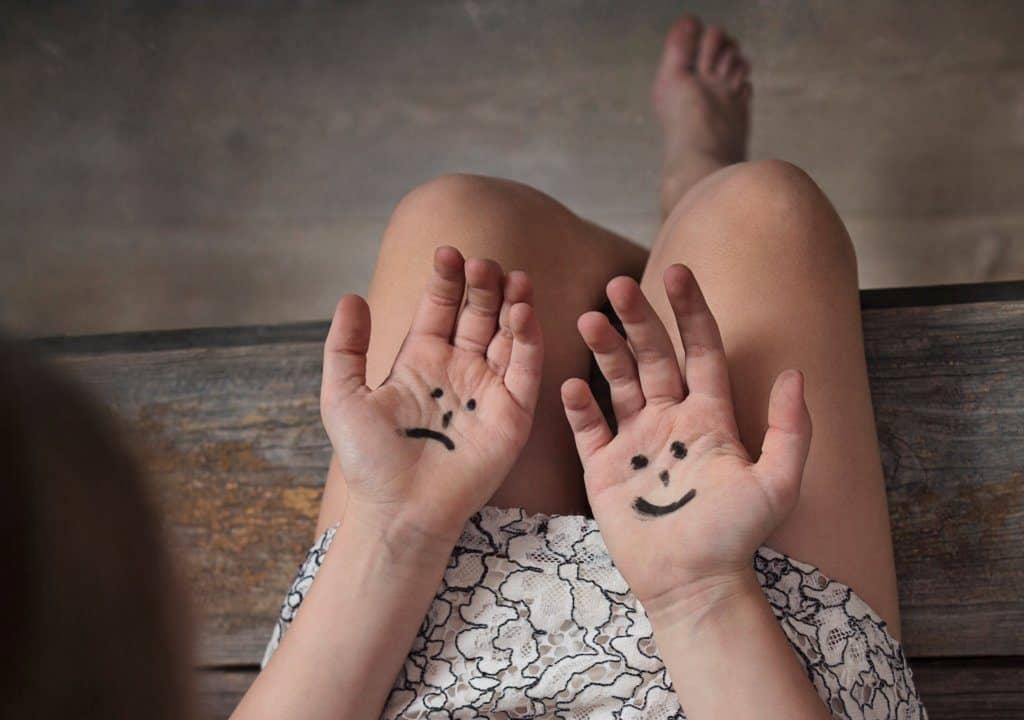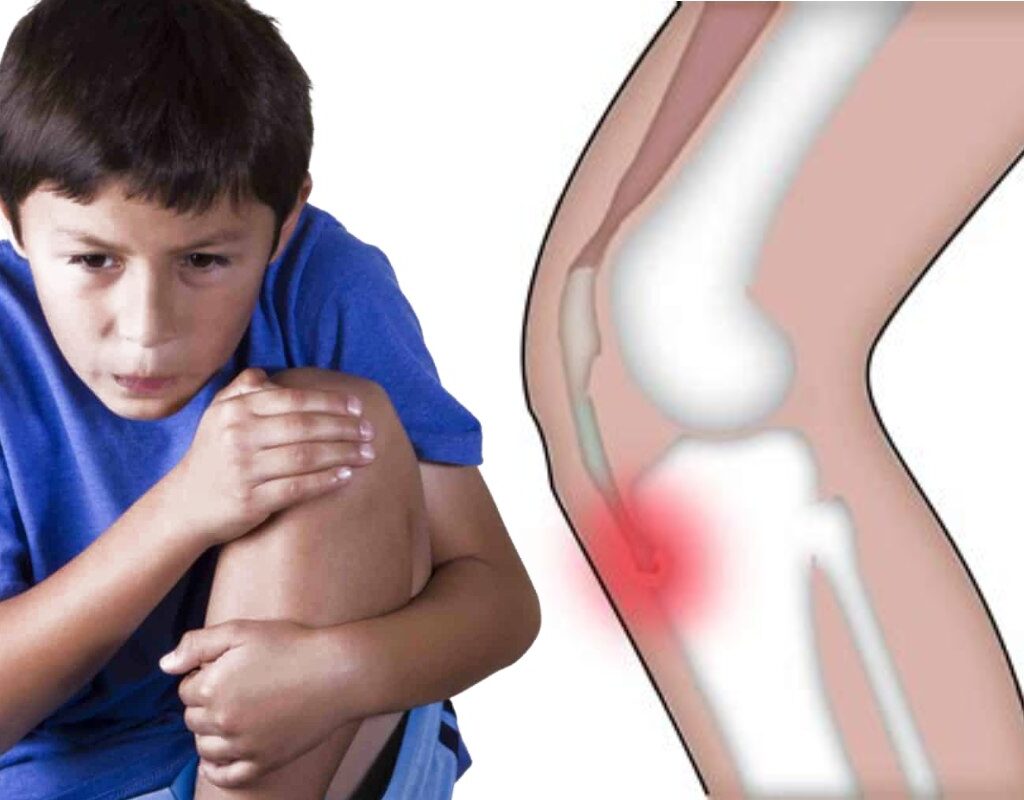Knees not only support our weight and facilitate movement, but they also reflect our emotions and internal conflicts. These joints are crucial for maintaining our physical and emotional balance, acting as shock absorbers in high-pressure situations.
The Emotional Roots of Knee Problems: From Stiffness to Pain
Knee biodecoding focuses on interpreting knee problems as manifestations of internal emotional conflicts. If you experience stiffness or knee pain, it could indicate a resistance to change or to accepting advice and perspectives from others.
A knee that bends easily symbolizes humility and adaptability. Conversely, difficulty bending the knees may signal a rigid and proud attitude, reflecting a strong ego. Thus, knees not only support our physical structure but also our social and personal stance.
The Emotional Meaning of Knee Pain
Knee pain is commonly a call to reconsider our flexibility towards the future. This type of pain often appears in people who are proud or stubborn and who resist adapting or accepting new ideas.
Maintaining an inflexible attitude can cause more harm than good, limiting the opportunities to face the future with greater serenity. In cases where pain is related to conditions like arthritis, it’s also crucial to consider these medical aspects.
Knee pain invites us to let go of the fear of losing control and to be open to new ideas and paths. It’s not necessary to submit to be flexible but to understand that this can stem from the desire not to repeat restrictive family patterns.
Common Knee Problems and Their Emotional Connection
Conflicts with Authority
Rebellion and resistance: the knees, being the joint that allows us to bend and move forward, also symbolize our ability to adapt and yield. Problems like pain or stiffness may indicate an internal resistance to authority, rules, or structures, manifesting unexpressed rebellion.
Fear of making decisions: difficulties in the knees could be related to the fear of making important decisions or moving in a specific direction in life.
Authority Figures: it is important to explore relationships with authority figures, both past and present (parents, bosses, institutions). Are there any unresolved conflicts or a feeling of oppression?
Emotional Obstacles
Self-worth: injuries or inflammation in the knees can reflect how we value ourselves and our body. There might be a lack of self-love, excessive self-criticism, or even self-destructive tendencies.
Mental rigidity: inflexibility in the knees can correspond to mental or emotional rigidity, a resistance to change or to accepting new ideas and perspectives.
Need for help: refusing to “bend the knee” can be a way of denying the need for help or support. It is important to recognize the importance of humility and openness to receiving help from others.
Cystic Hygroma and Spirituality
Spiritual conflicts: cystic hygroma, an inflammation of the synovial sacs, has been associated with people who lead an intensely spiritual life, such as monks or nuns. This could indicate an internal conflict between spiritual beliefs and personal needs or desires.
Sacrifice and repression: the location of the hygroma, usually in the knees, elbows, or wrists, can be symbolic. The knees, related to submission and humility, could indicate a repression of individuality or an excessive sacrifice in the name of spirituality.
Accepting Help and New Realities
Openness to change: “kneeling” doesn’t always imply submission but can symbolize openness to new possibilities, a willingness to learn and to receive help.
Humility and flexibility: recognizing our limitations and accepting help from others or higher forces can be liberating and allow us to move forward towards personal growth.
Overcoming obstacles: by addressing the underlying emotional conflicts, we can free ourselves from self-imposed limitations and move forward with greater fluidity and confidence in life.
Final Thoughts: Rediscovering Our True Values
If you find yourself constantly defending your position without considering other perspectives, it might be time to stop and evaluate your true values. This adjustment is not only essential for your emotional well-being but also for your physical health, especially your knees.
In conclusion, knee biodecoding not only addresses physical pain and stiffness but also offers a window into our deepest conflicts and emotions. Understanding and addressing these messages can be key to achieving a healthier and more harmonious balance in our lives.




